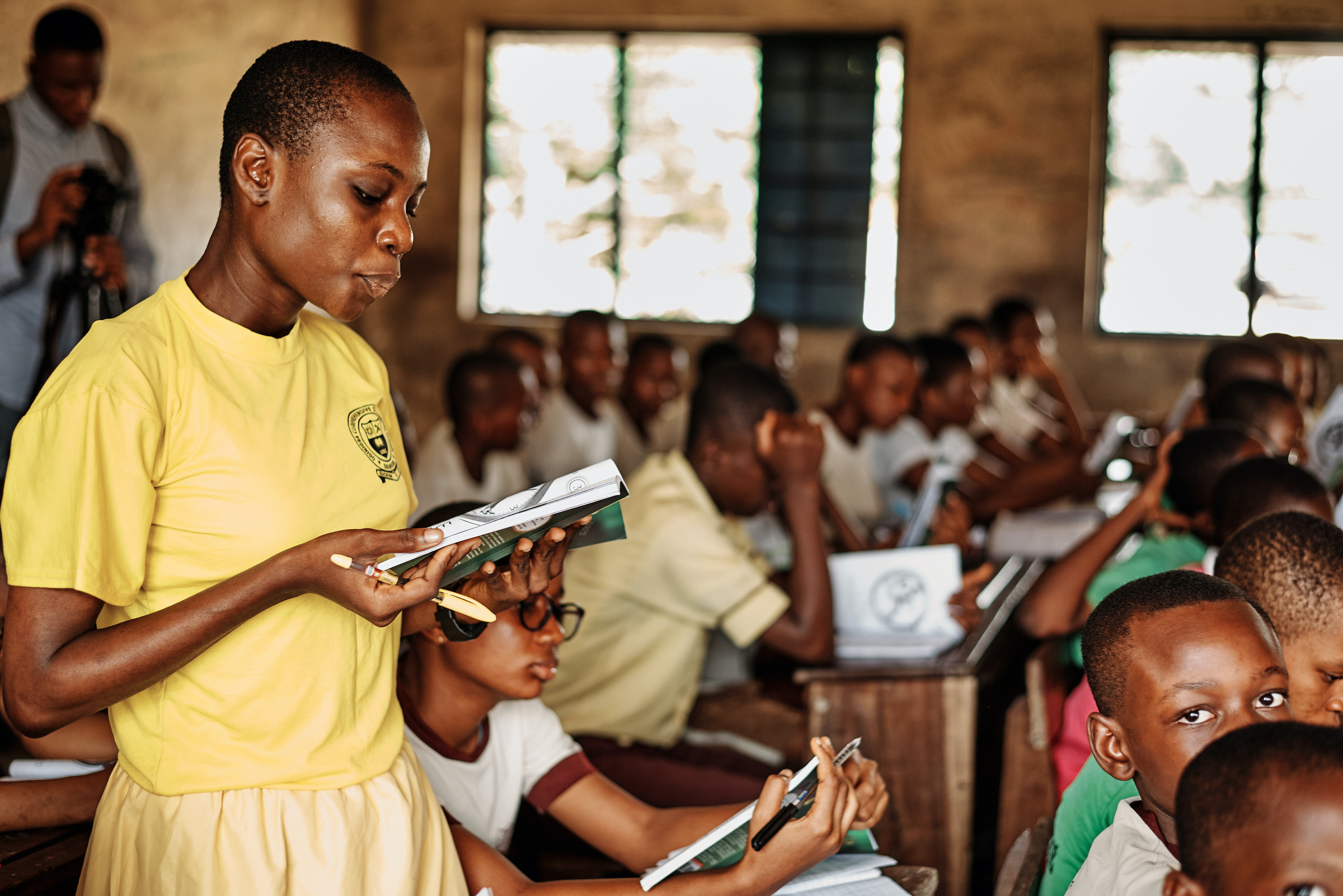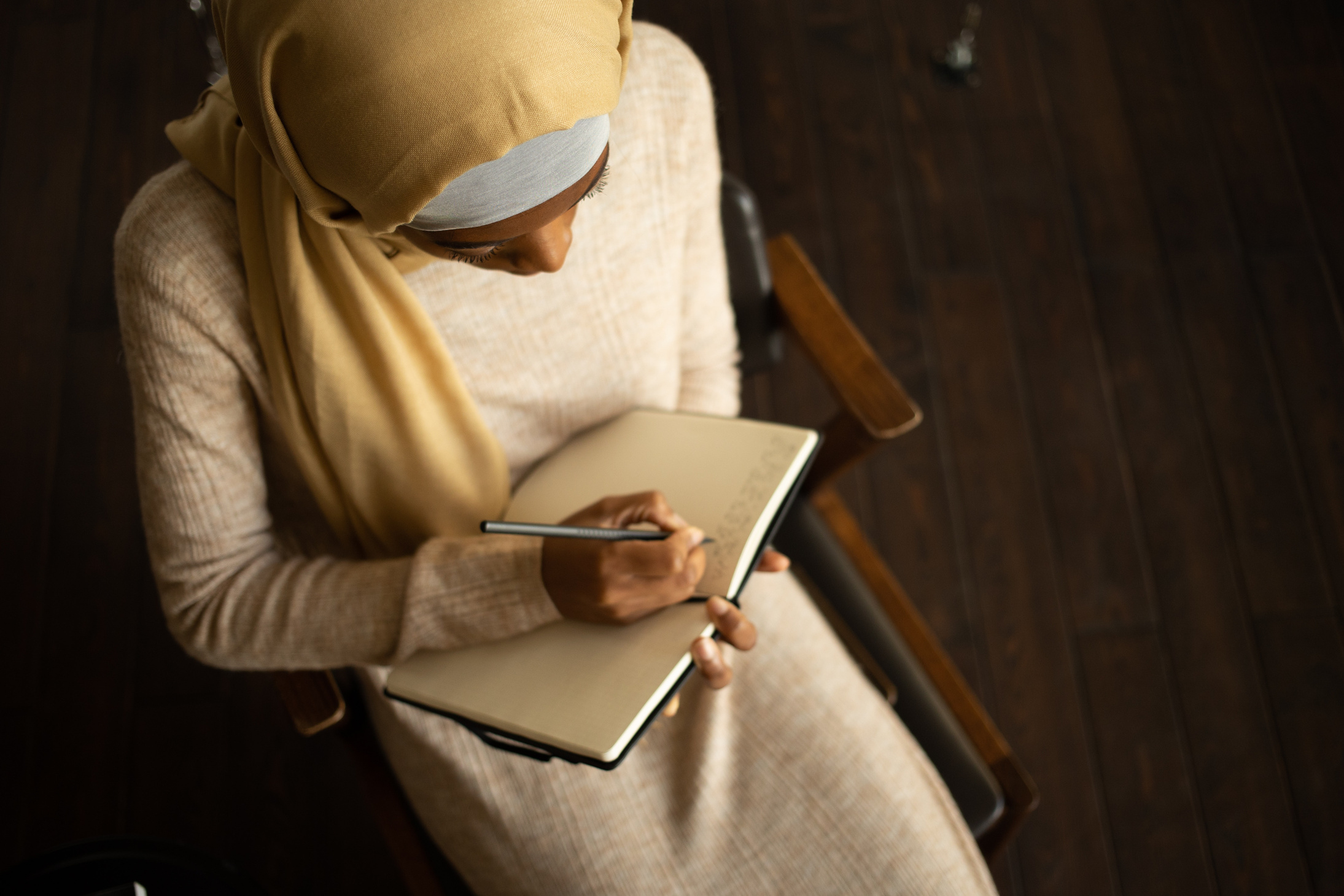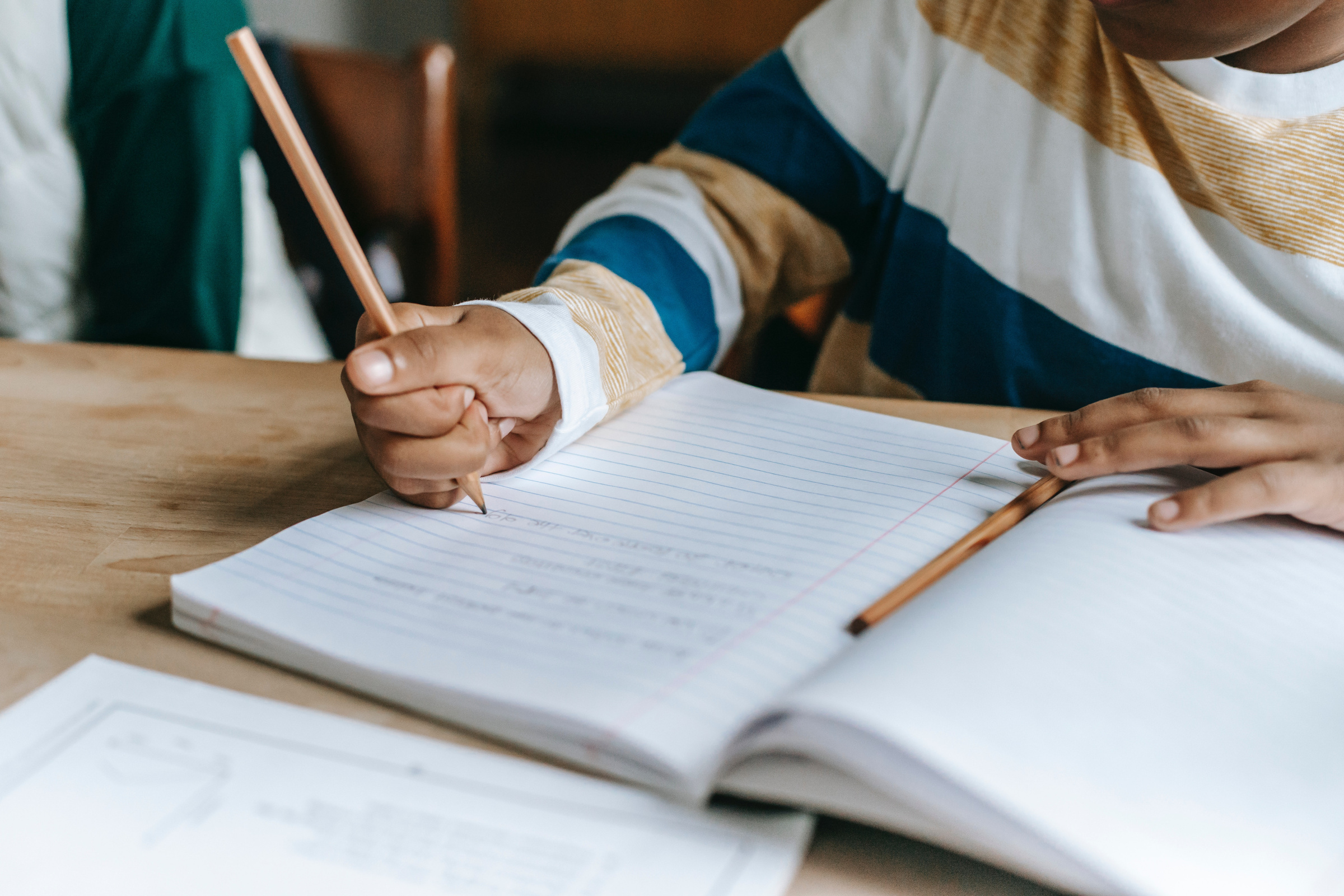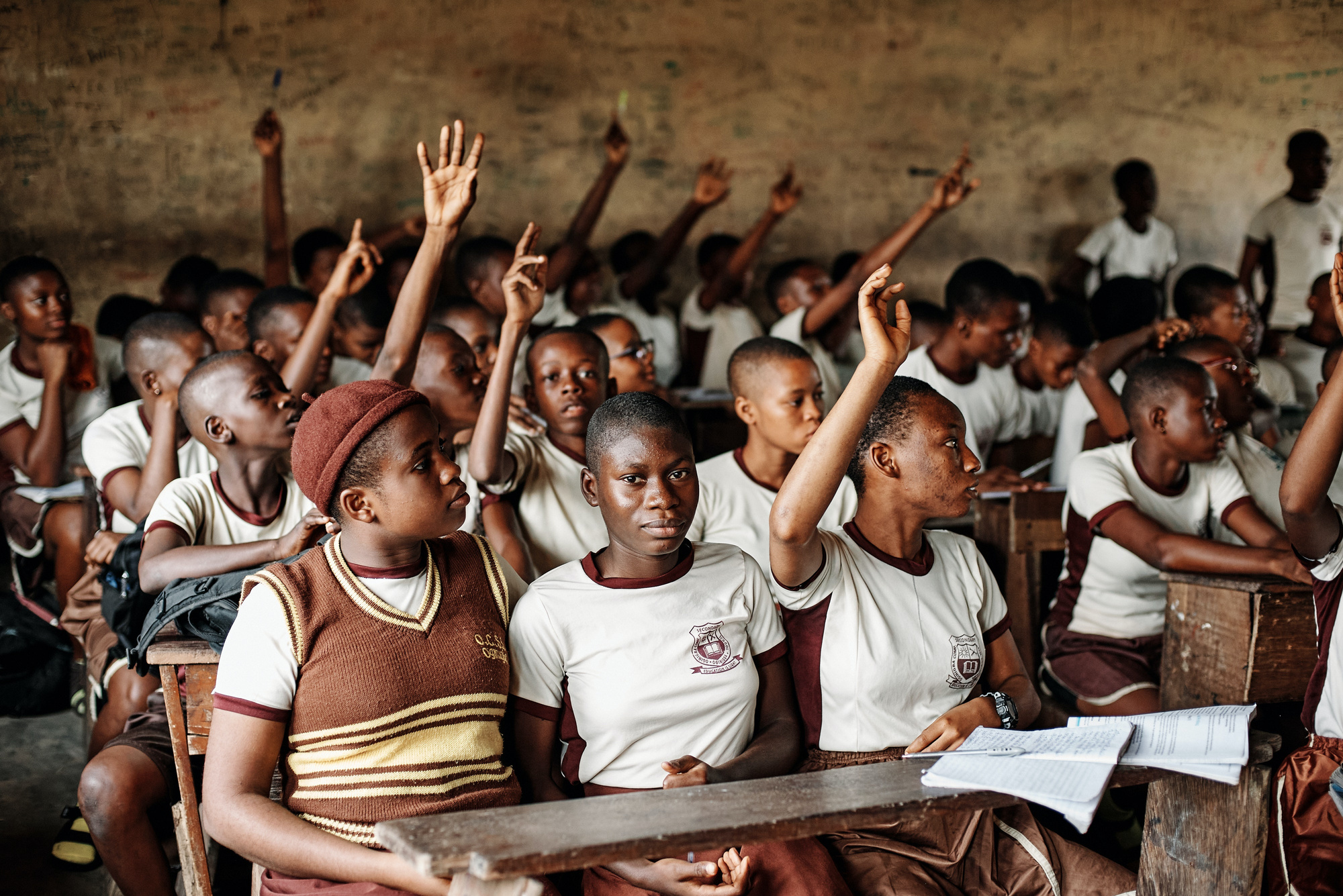
International Day of Education (2023)
Theme: 'To invest in people, prioritise education'
Learn More
©Video: SwissHumanity Stories on Pexels
The 2023 Theme
This year's theme, 'To invest in people, prioritise education' focuses on the maintenance of strong political mobilisation in education towards achieving development and moving beyond commitments and global initiatives to action.
Shades of Us is working on education as one of its priority sustainable development goals (SDG).
get in touch
©Image: Joshua McKnight on Pexels


What Do We Think About Education?
Our team members share their thoughts on education and why it is essential to the growth and development of Africa, Africans, and people of African descent. You can scroll down for more.
Adetayo Adetokun
Gender equality and education are inextricably linked and essential for Africa's development and progress. Education is a powerful tool for empowering women and girls and promoting gender equality. However, in many African countries, girls face significant educational barriers, such as poverty, cultural attitudes, and discrimination.
These barriers impede Africa's development and progress, as education and empowerment of women and girls are critical for sustainable development. To address this, policies and programs promoting gender equality and supporting girls' education, such as scholarships, mentoring, and safe and accessible learning environments, are required.
GENDER EQUALITY AND EDUCATION

©Picture: RF._.studio on Pexels
Grace Anaja
In bridging the gender gap in education, progress has been made, but more needs to be done. Statistics reveal that there are 129 million out-of-school girls globally. Also, over two-thirds of the world's 796 million illiterate people are women. Gender equality in education is advantageous to everyone. When we ensure that women and girls have equal access to quality education, as well as men and boys, we are investing in the growth of societies and the world.
Education as a means of empowerment for women and girls reduces the rate of child marriages; increases opportunities for employment, higher incomes, and access to certain male-dominated careers in STEM; and provides more representation in politics, appointive positions, and decision-making platforms. Prioritizing education is a must in achieving lasting peace and sustainable development.
GENDER EQUALITY AND EDUCATION

©Picture: Emmanuel Ikwuegbu on Pexels
Cynthia Umeh
According to UNESCO, if all students in low-income countries had just basic reading skills (nothing else), an estimated 171 million people could escape extreme poverty. If all adults completed secondary education, we could cut the global poverty rate by more than half. This is why the United Nations named quality education one of its Sustainable Development Goals to achieve by 2030.
Education in all different forms is key to breaking the cycle of poverty. The relationship between poverty and education is complex, but we know that education helps people make healthier and smarter decisions about their children, their livelihoods, and the way they live.
POVERTY AND EDUCATION

©Picture: Monstera on Pexels
POVERTY AND EDUCATION
Nwachukwu Nkem
In the African context, education and poverty have had a unique relationship over the years. On the one hand, we have instances of children/adults who cannot continue their educational journeys for various reasons, including the inability to fund their education, conflict, lack of proper school facilities, etc. On the other hand, we also have cases where eliminating some of the factors stated above has led to massive improvement in access to education.
The United Nations Educational, Scientific and Cultural Organization (UNESCO) recommends that developing countries dedicate 15 to 20 percent of their annual budget to public education. This is a major issue, especially with governments on the African continent. Funding education has to be seen as an investment in people, which always brings returns. Various stakeholders' advocacy and monitoring of educational budget implementation play a huge role. We must all see and understand that the only way to eliminate poverty is by increasing access to education and the only way to increase access to education is by making it a priority.

©Picture: Katerina Holmes on Pexels
Sadiya Ochekliye
Nigeria has passed the National Policy on safety, security and violence free schools yet only a few states have made attempts at domesticating or implementing the policy. Prioritizing safety in schools is prioritizing education and it must be done now.
WAR, CONFLICT, HUMANITARIAN CRISES AND EDUCATION

©Picture: Ketut Subiyanto on Pexels
WAR, CONFLICT, HUMANITARIAN CRISES AND EDUCATION
Eneojo Innocent
The unavailability of a violence-free environment impedes educational and intellectual growth. Children in war and conflict-affected countries and regions are less likely to have access to comprehensive or quality education, and their Human Rights declarations that guarantee the right to education without discrimination.
Education can only be safeguarded in conflict and war zones only when education is protected, and international and local organizations make provisions for this.
In 2020, UNICEF counted 535 verified attacks on schools - a 17% increase compared to attacks in 2019 - and adopted various concepts to ensure the Universal Declaration of Human Rights that guarantees the right to education without discrimination is protected.

©Picture: Emmanuel Ikwuegbu on Pexels
Contact Us
Beaufort Court Estate,
Lugbe, Abuja, Nigeria
(+234) 905 912 7552
info@shadesofusafrica.org
Follow us online
Shades of Us Africa
Shades of Us Africa
@shadesofusafric
@shadesofusafrica
This website is made possible by the support of Shades of Us Storytelling Initiative for African People (Shades of Us).
©2022 Shades of Us Storytelling Initiative for African People. All rights reserved.
